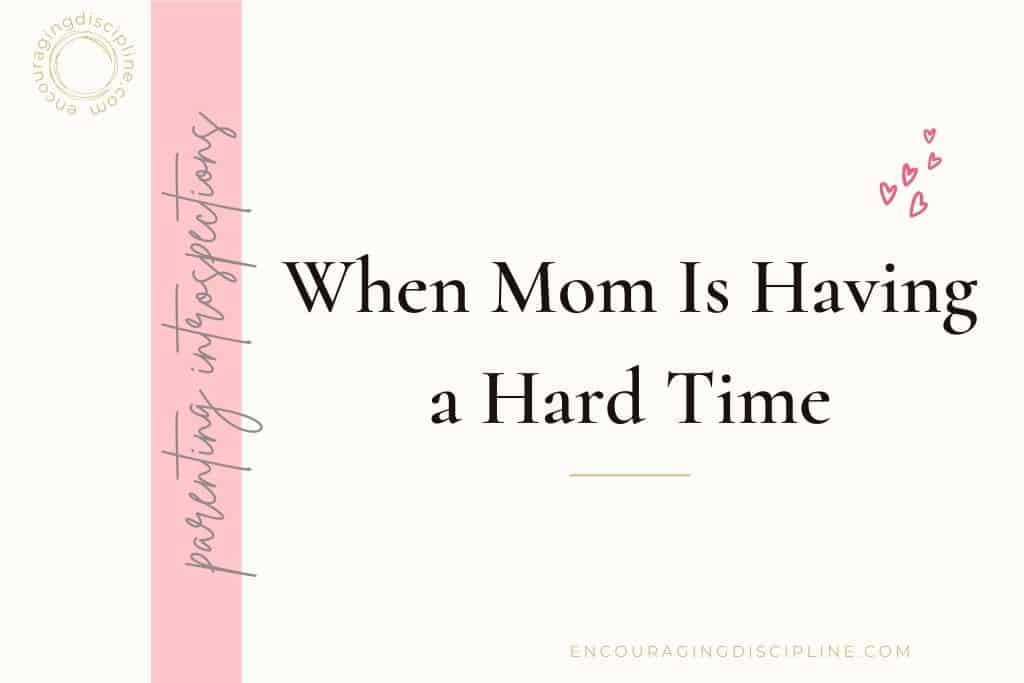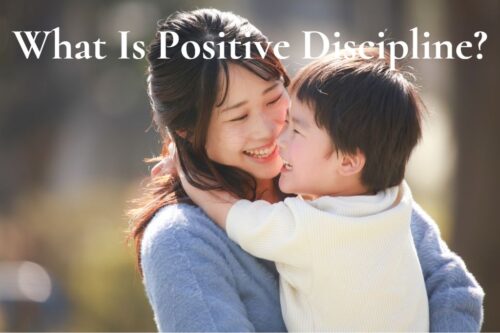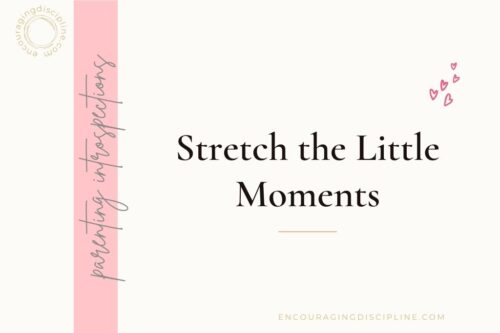When Mom Is Having a Hard Time
The other day, my daughter started playing with my ringtones on my phone.
For my wake-up alarm, I have a beautiful piece of music that helps me wake up slowly and feel soothed rather than jarred out of sleep. You can listen to it here:
On this particular day, when my daughter played it on my phone, I felt tears coming into my eyes and a tight lump constricting my throat.
Later that day, I got those same sensations when watching a show on Netflix.
I thought, “Uh-oh, mom is having a hard time. Let me check what’s going on here.”
What it looks like when I’m having a hard time
Usually, when I have these intense emotional reactions to music, movies, or important events in other people’s lives, it’s a sign that my body is full of unreleased emotions.
At the same time, if I take a closer look at my personal relationships, I can notice the opposite: a lack of connection and emotional expression, replaced by irritability, impatience, overwhelm, and resentment.
When we see these symptoms in our children, we easily recognize they have a full emotional backpack and we help them empty it to regain emotional balance.
But do we do the same for ourselves?
When we begin tripping and falling and having a hard time following through on our positive intentions to parent consciously, do we empty our emotional backpack or do we double down?
We see our patience shrinking, focus faltering, kindness declining, joy fading, and sleep fracturing. And what do we do? We criticize ourselves, we clench our fists and our jaws, and try harder. We think we can just push through. But this never helps.
We cater to our kids’ needs, prepare their school lunches, manage their social engagements, welcome their emotions, teach them life skills, figure out which clothes they’ve outgrown, give empathy when they’re having a hard time… and so much more. It never ends. I’m convinced our minds keep churning all this heavy load even in our sleep.
We know we “should” take care of ourselves too. There’s a list of self-care to-dos hanging on our fridge pointing its admonitory finger at us: “You know you have to fill your own cup first if you want to have something to pour from for your kids.”
And we do our best. We really do. We try to stay hydrated, exercise when we can, eat well, not just our kids’ leftovers, and meditate whenever we are able to sneak a few moments of quiet time. But honestly, that’s all it is, stealing some scraps. And it’s not enough.
And the main reason why it’s not enough is that all mainstream advice about self-care addresses only our physical and mental needs. What they don’t address is our emotional needs.
And you know what I’ve noticed? If I’m physically and mentally tired, I can still connect with my kids, I can still be emotionally generous to some degree. But when I am emotionally strained, I don’t have any emotional generosity toward others.
By trying to do conventional self-care that only takes care of our physical and mental needs, we are giving ourselves minimal attention, rest, and nourishment.
What are attention, rest, and nourishment for our emotional needs?
1. Attention
It means paying attention to my bodily sensations, checking for tension in my muscles, and listening to what it’s telling me. What’s my level of calm and relaxation, how well can I focus? Notice what my needs are. Do I need sleep, time in nature, or time alone?
2. Rest
Rest brings me back to my baseline. It’s a complete shedding of everything that feels like a burden. This can include:
- Sleeping
- Having a listening partner
- Therapy
- Time away from the kids
- Spending time in silence
- Taking a break from having to hold the mental load of managing everything – for this, we need the help of a parenting partner. It doesn’t have to be a spouse.
- Movement
- Crying. This is as much self-care as any other activity. It releases pent-up emotions that clog up our connection channels.
- Letting go of everything on the outside for a while (expectations, goals) and embracing ourselves wholly on the inside.
Let me expand a little on this last idea of “letting go.”
I like to think of it as hibernation. Some animals and plants in nature enter a stage of hibernation when they become dormant. They retreat inward to regenerate. When they emerge, they are more alive and ready to take on the world.
Similarly, when we’re depleted, we can stop trying to do everything for a while and retreat into ourselves to find our inner peace.
Just to clarify, by letting go I don’t mean let’s yell at our kids and let them watch anything on Youtube all day.
Instead, acknowledge that momentarily the demands on us are much higher than our capacity to meet them. So temporarily we need to lower our expectations of ourselves while we build our capacity back up.
3. Nourishment
Finally, nourishment. What’s the fuel to my soul? What fills me with joy, energy, inspiration, and motivation? This can be taking care of my needs, such as spending time with friends, being outside, reading, joining a parenting support group, and practicing self-compassion, but also taking in and expanding ourselves by looking at beauty, nature, art, and music, or working on improving a skill.
When I’m having a hard time, I go through these three steps of self-love and self-care
On that day when I was feeling extra sensitive, my body was alerting me that my emotional backpack was full. The best ways to empty an emotional backpack are laughing and crying. So the best thing to do is to follow my body’s lead.
And it was telling me: Watch and listen to my own inner sea storm. Free the winds to blow, let the waves crash, allow the rain to wash my heart clean.
Just as we see our kids transform into loving angels after a wash and rinse off of their emotional backpack, we also change when we allow ourselves to release all pent-up emotions. I don’t mean it changes who we are. But by unloading the burden that strains our mood, our true loving selves can shine again.
It’s ok to cry. Actually, not only is it ok, it is healthy.
When I need to cry, music helps. It also helps to write in my journal or talk to a friend who lovingly welcomes my vulnerability.
When we’re filled with unpleasant emotions, first we need to empty our backpacks so that we can fill them up with beauty and love.
Now going back to the paragraph toward the beginning where I talked about how I feel irritable, impatient, and resentful toward others when my emotional backpack is full, I’d like you to consider this:
When we don’t accept ourselves, allow ourselves to be, and give ourselves compassion, we can’t do those things for other people. I’m sure you’ve heard this before. What this really means is that we’re not accepting our diminished capacity – we push through; we don’t allow our feelings to come out – we stuff them down; we don’t give ourselves compassion by listening to our needs and being on our side – we criticize ourselves for being weak. And our body demands our attention and care. We truly can’t take care of others until we’ve taken care of ourselves.
Being kind to ourselves frees our hearts and makes us more able to be generous.
Let me know if this perspective resonates with you.
Wishing you peace and love.







